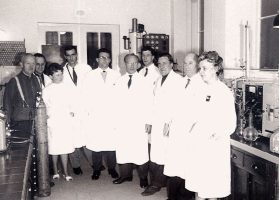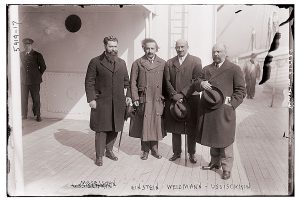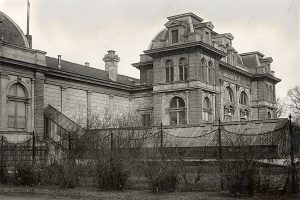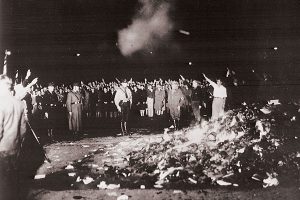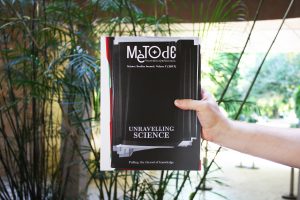Search
Dr. Hans Beutelspacher toyed with monstrous behaviour during World War II, before returning just as effortlessly to his «human» and even benevolent state, later developing a prominent career in the field of soil biochemistry.
In a Germany with widespread and growing anti-Semitism, and later with the rise of Nazism, Albert Einstein’s physics faced hostility and was attacked on racial grounds.
Academic life in Vienna was hit harder by National Socialism than anywhere else in Germany, due to the high numbers of scientists of Jewish origins.
Scientists supported Nazi ideologies and policies in many ways
This monograph seeks precisely to show the level of involvement of the German academic world with Nazi postulates.
The third volume published by Mètode in 2019 sheds light on the involvement of science in the policies of the Third Reich.
National Socialism came to power by following the electoral strategy of a popular party, but with the support of extremely well-educated militant elites.
The life and work of the naturalist Alexander von Humboldt continues to fascinate, even today. His figure concentrates and synthesises the movements, ideas, and even the great contradictions of the time of profound change that was nineteenth-century Europe.
Mètode Science Studies Journal publishes the 2017 annual review, under the title Unravelling science. The seventh issue of this English language publication focuses on the secrets of neuroscience, the connection between science and ideology, science from a gender perspective, and twenty-first century astrophysics and cosmology,
The myth says that science has no ideology. Perhaps science doesn’t, but scientists certainly do. And this is even clearer with lay people, who do not suffer consequences for the accuracy of what they say. Everyone has the right to choose an opinion, but not
- 1
- 2

